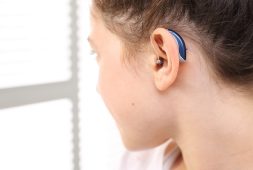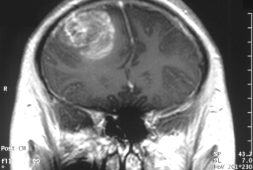Disinfect Your Home and Belongings

Remember that the SARS-CoV-2 can stick to inanimate objects, and remain potent for a number of days. The actual duration of its potency depends on the material it rests on. This means if the virus rests on one of your personal belongings, it can remain there for a few days, until it decays or you clean it off, whichever comes first. That also means the potent viruses on your belongings can still make you sick if you touch it and touch your face.
For this reason, it is important to disinfect the surfaces in your home that could harbor viruses. These would be the surfaces that are subjected to a lot of handling by hands that may have come from public places. Door knobs, handrails, table tops, chairs, all of these are subjected to almost constant handling. If any of the hands that touch them happen to have the virus, the virus can easily transfer onto the object’s surface, waiting to attach to the next hand that touches it.
When you go out in public, all the exposed items you have on you or with you will have been exposed to whatever viruses are floating around, including possibly SARS-CoV-2. Your phones, purses, pens, watches, and wallets, even more, all these could have picked up viruses from outside. When you get home, if the virus is still on them, you’ll be bringing those viruses inside your house unless you disinfect these items. Even your shoes could have picked up some pathogens off the ground. Experts are actually still debating this, as to whether there are indeed some items that catch enough viruses to make people sick. Some say these items carry enough to make you sick, so disinfection is important. Others say these items do not carry enough viruses to make you sick, so disinfection is optional. It would be good to err on the side of caution. Disinfect your personal belongings.



